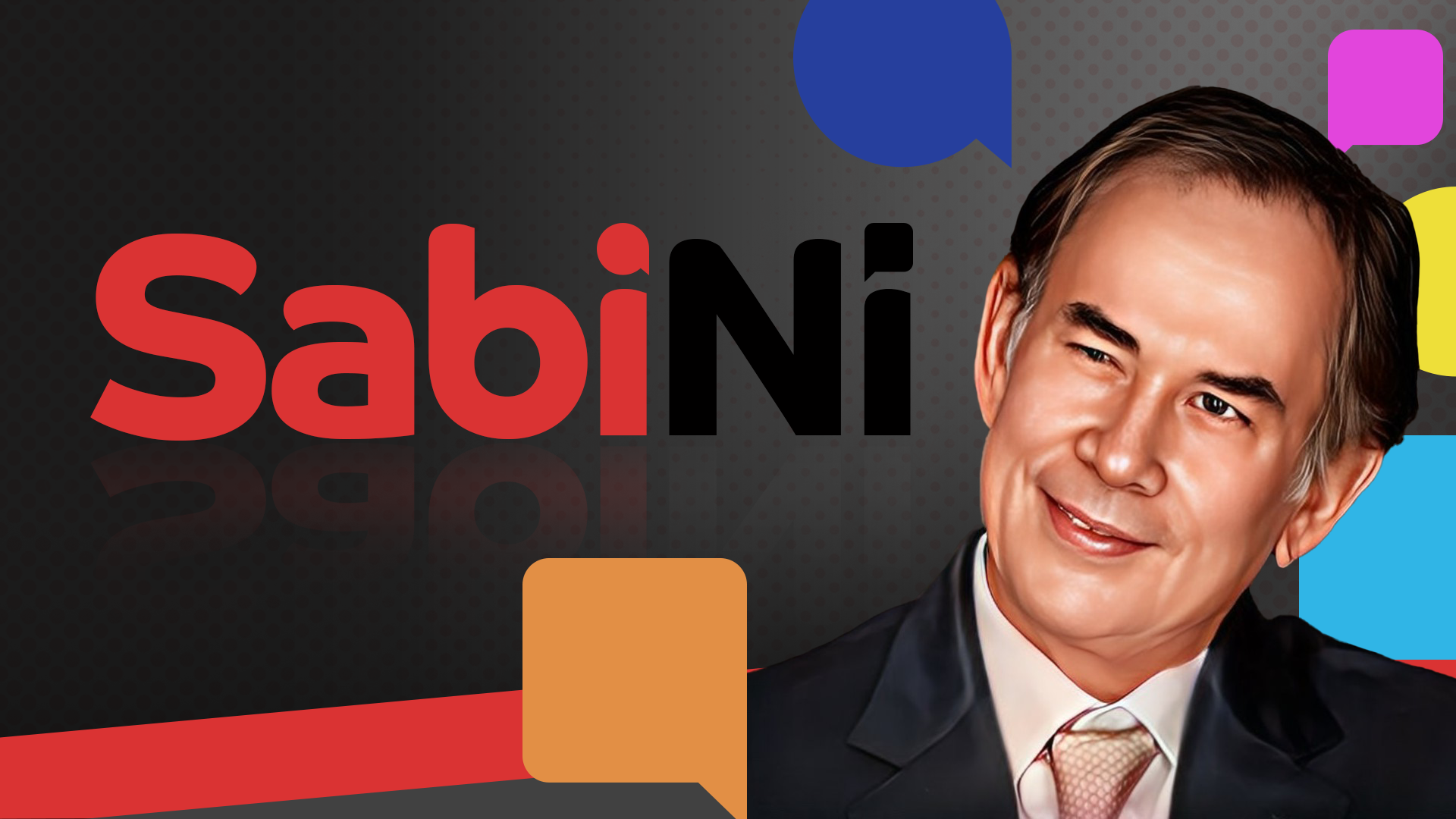
Hello, again, A-People, and welcome back to SabiNi!
I hope you all read and enjoyed my inaugural column last month, and am glad you made it to this second installment, which is also part two of my series on Joost Minnaar and Pim de Morree’s book Corporate Rebels – Make Work More Fun. There were so many interesting things I read in the book that I needed another column to talk about them.
I think one of the best lines in the book — and I mentioned this during the SDC — is “we often live in the past with structures and processes designed for a world that no longer exists.” I emphasized this during the SDC because I think it’s a very nice way of explaining why we are all on this Great Transformation together. With the GT, we are embracing the future because we no longer want to or can live in the past, in a world that doesn’t exist — so we need to transform into an organization that can thrive in a world that does exist, and we call that organization a techglomerate. In terms of our A+10 Core Behaviors*, this futurist attitude that the book describes is part of being Smarter, more Innovative, and more Open to reality. Of course, there are many things about the past that are well worth holding onto, like our values, but even these are evolving.
The other phrase that caught my attention is when the book talks about people who just follow orders without thinking. The authors wrote “they were following orders and had their brains on standby.” I love the way they put it. Let’s keep common sense common in everything we do, especially now that we are behaving like an uncommon conglomerate. We’re throwing out a lot of rules — we’re ditching them. But never ditch common sense. That’s the only rule that isn’t meant to change.
With the GT, we are embracing the future because we no longer want to or can live in the past, in a world that doesn’t exist — so we need to transform into an organization that can thrive in a world that does exist, and we call that organization a techglomerate.
Here’s a really good one:
“Why are we eager to obtain confirmation that effective leadership can be different? Why do we search for leaders that dare to be so? Because we have experienced the consequence of bad leadership where it was the rule rather than the exception that meetings were dominated by managers who obviously, often visibly and uneasily, thought they must have the last word. Opinions were only valued when they originated from the lips of those with the biggest salaries. Those in the trenches were constantly overruled by leaders who had no clue what was going on.”
Ouch. I’m sure that struck a few nerves — but that’s the point. The highest paid person in the room does not need to have the last word. Then who does? The person who makes the most sense? The person who speaks the most truth? The person who has the most proof? Perhaps a combination of all three, but one thing’s for sure, the person who has the most sense, truth, and proof is the person who can Articulate these things best. The person who can show and tell with the most clarity and logic. Because when you are right, it shouldn’t be difficult to explain why. A lie is much harder to justify. To make the best decision possible, the judge and jury need to see the best evidence and hear the best arguments.
But the most important point in this book, I think, in terms of the Great Transformation, is that people generally want to be part of a community, a change, and a revolution. I just like that word — revolution. It makes you feel like you’re part of something big, something good, something that’s going to drive change for a better world. Why would anyone not want to be a part of that? In a revolution, you believe in what we’re doing. You don’t ask a lot of questions because you don’t need to. You’ve already bought the dream because you’re convinced it makes sense. And not just sense for you, but also sense for anybody else. It’s common sense.
We’re throwing out a lot of rules — we’re ditching them. But never ditch common sense. That’s the only rule that isn’t meant to change.
Question everything, for sure, but question to find answers, not to prolong an argument way past its due. If you don’t get an answer that satisfies you, then, like most every other thing in life, time runs out and you’ve got to make a decision based on what you know. You can join the revolution or not. It’s a simple choice, but one that needs to be made. You can’t ask questions forever. You’ve got to have a sense of balance — you can’t ask too little questions and you can’t ask too many. Time will only allow you to find the sweetest spot you can, so don’t waste time and find it.
I remember when I would talk to team members in Pilmico 10 years ago, I would say, “Guys, this is a revolution!” In closing, I want to say that to the whole Group right now. Guys, the GT is a revolution!

__________________________________________
* Watch SMA talk about the A+ 10 Core Behaviors here


